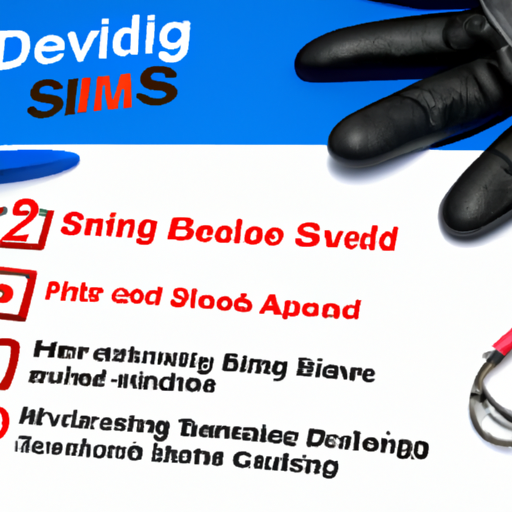
How to Handle a Scuba Diving Emergency
So, you’re out there scuba diving and having a grand ol’ time. You’ve got your gear on, you’ve taken all the safety measures, and you’re ready to explore the underwater world. Suddenly, something goes wrong. Maybe your air supply malfunctions, or you accidentally get tangled in some seaweed. Whatever the reason, you’re faced with a scuba diving emergency. What do you do? Don’t worry, we got you covered with some pro tips to ensure your safety and make it out of there.
Assess the Situation
The first thing you should do in the event of a scuba diving emergency is to assess the situation. Take a quick look around and try to figure out what’s going on. Analyze the problem and decide whether you can handle it on your own or if you need immediate assistance.
Remember your ABCDE
No, we’re not talking about the alphabet here. When it comes to scuba diving emergencies, remember your ABCDE:
A – Airway: Check your airway to ensure you’re breathing properly.
B – Breathing: Make sure you’re getting an adequate amount of air.
C – Circulation: Check for circulation to see if your blood is flowing properly.
D – Disability: Check for any disabilities, such as a broken limb, that could be hindering your ability to move.
E – Exposure: Check for exposure to extreme temperatures or other environmental factors.
Stay Calm and Don’t Panic
It’s normal to feel scared and anxious during a scuba diving emergency. However, panicking will only make things worse. Stay calm and think logically about your next steps. If you’re diving with a partner, communicate with them about the situation and work together to find a solution.
Signal for Help
If you’re unable to resolve the emergency on your own, it’s time to signal for help. Use the universal scuba diving signal for distress – waving your arms or flashlight erratically – to alert nearby divers or boats that you need assistance.
Use your emergency whistle or air horn to make an audible signal.
Stay Visible
While waiting for help, make sure you’re visible to rescuers. Use a dive flag or a signaling device that can be seen from a distance. Bring out the awareness of learning a lot more communication skills and gestures beforehand.
Get Professional Help
Once you’ve signaled for help, stay put and wait. If you’ve lost your air supply or have been injured, don’t try to swim to shore on your own. Wait for a rescue boat or helicopter to arrive and safely transport you to land. Never underestimate the importance of taking a professional scuba diving course beforehand to gain in-depth knowledge on how to deal with each situation.
In conclusion, scuba diving emergencies can be frightening, but with the right mindset and preparation, you can handle them safely and effectively. Always remember to assess the situation, stay calm, signal for help, and wait for professional assistance. At the end of the day, have fun and enjoy the magic of scuba diving!







